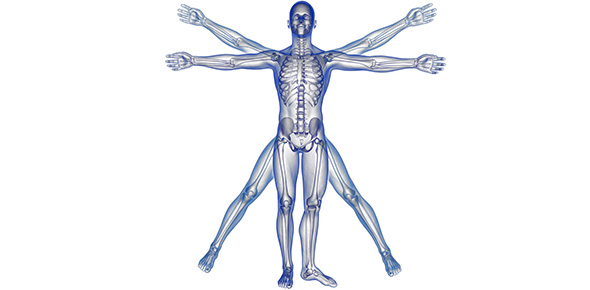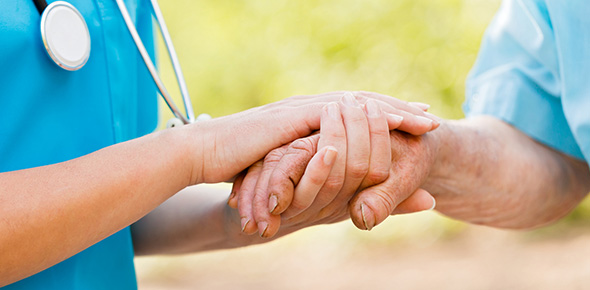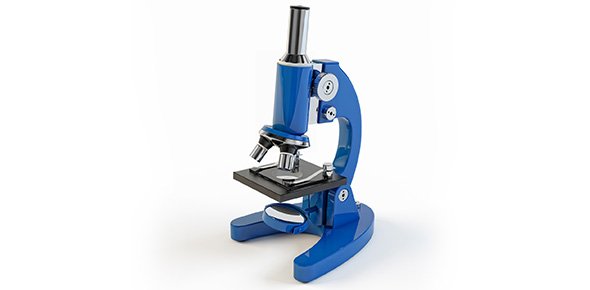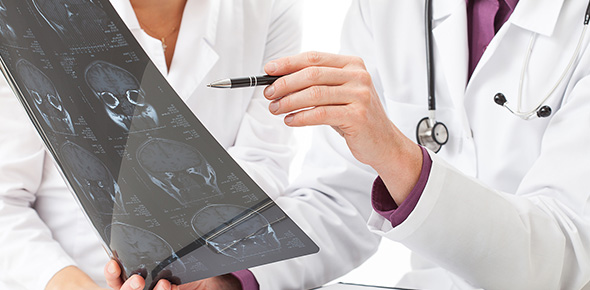Related Flashcards
Related Topics
Cards In This Set
| Front | Back |
|
Foreign
substance or component of cell that stimulates immune response.
|
|
Antibody:
|
Specific
protein produced in humoral response to bind with antigen.
|
|
Antibiotic:
|
Of or involving antibiotics.
|
|
Antimicrobial:
|
Destroying or
inhibiting the growth of microorganisms
|
|
Antiviral:
|
Destroying or
inhibiting the growth and reproduction of viruses.
|
|
Autoantibodies:
|
Refers to antibodies
formed against self-antigens; attack body's tissues.
|
|
Bronchoconstriction:
|
Contraction of the
bronchiolar smooth muscle and narrowing of the airway.
|
|
Colostrum:
|
A yellowish liquid,
esp. rich in immune factors, secreted by the mammary gland of female mammals a
few days before and after the birth of their young.
|
|
Complement:
|
a series of inactive
proteins circulating in the blood; when activated, they can destroy bacteria or
antigens, or participate in the inflammatory response.
|
|
Cytotoxic:
|
A substance that
damages or destroys cells.
|
|
Encephalopathy:
|
Impaired function of
the brain.
|
|
Fetus:
|
The human child in
utero between 8 weeks and birth.
|
|
Glycoprotein:
|
A combination of
protein and carbohydrate.
|
|
Hypogammaglobulinemia:
|
low antibody levels
because of a B-cell defect.
|
|
Hypoproteinemia:
|
low serum protein
level.
|







